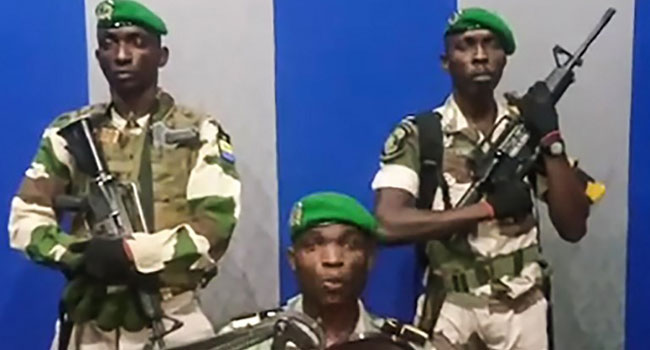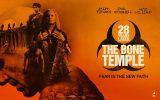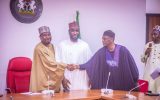For the past few days, there has been unrest and tension in the city of Zaria, Kaduna State following a clash between the Nigerian Army and members of the Islamic Movement, a Shia Muslim group led by radical cleric, Sheikh Ibrahim El-Zakzaky.
Although the exact details of the clash are still unclear, it seems that the members of the movement had blocked a road leading into the city, stopping the Chief of Army Staff from passing. What should have been resolved easily snowballed into a use of force on the part of the Nigerian Army to clear the road, and then a follow-up operation on the headquarters of the sect at Hussaiyinah Bayitullah and other areas of the city populated by them.
The number of casualties given is also conflicting: from 20 people from the army to as many as 1000 from the sect itself. But one thing is clear: people died, Nigerians – men, women and children – may or may not have been at fault, and the army might have had justifiable reasons to have carried out the operations or not.
The confusion and lack of clarity points to a glaring need for independent investigation into the remote and independent causes of the crisis, whether there were any human rights’ violations and how to avoid a recurrence. This is extremely important because such incidents have occurred in the past and we attempt to gloss it over without either addressing the causes or making sure justice is done. This leads to not just a hardening of attitudes towards the Nigerian state but increases the likelihood of such recurring.
It is common knowledge that the Nigerian military has quite a dodgy history when it comes to dealing with civilian populations. Since the start of the Fourth Republic alone, incidents such as the massacres at Odi, Bayelsa State; Zaki-Biam, Benue State; Baga, Borno State, amongst many others are commonly known incidents where the military used force disproportionately against civilians.
It is the refusal to properly investigate these incidents, punish the erring soldiers and review procedures and rules of engagement that have led the military to be accused as violators of human rights, even leading to the refusal by the United States to have arms sold to Nigeria, lest it is used against hapless citizens.
On the other hand, the Islamic Movement and Sheikh El-Zakzaky have formed a tradition of defying constituted authorities, breaking laws such as blocking roads during religious festivals and not using legal means to seek redress when their rights have been abused, clearly evident in this video leading to the first clash with the army.
However, both actors cannot be right in their accounts as each side; also, past history is not enough to pass judgment on recent events. Not only that, the crisis has already captured the attention of the international community, with Shia clerics globally and the Iranian government demanding a probe and protests at the Nigerian Embassy in Tehran.
It is time for the National Human Rights’ Commission to launch a probe into the incident and the government to mandate that all its institutions cooperate for a conclusive investigation into what really happened.
The government should also ensure that the findings of the commission are implemented and that it does not become another tactic to simply pass time, hoping that citizens forget the incident.
It is about time we end scenarios of the Nigerian military and other security agencies killing the very people they are meant to protect without any justifiable cause or sufficient explanations.













